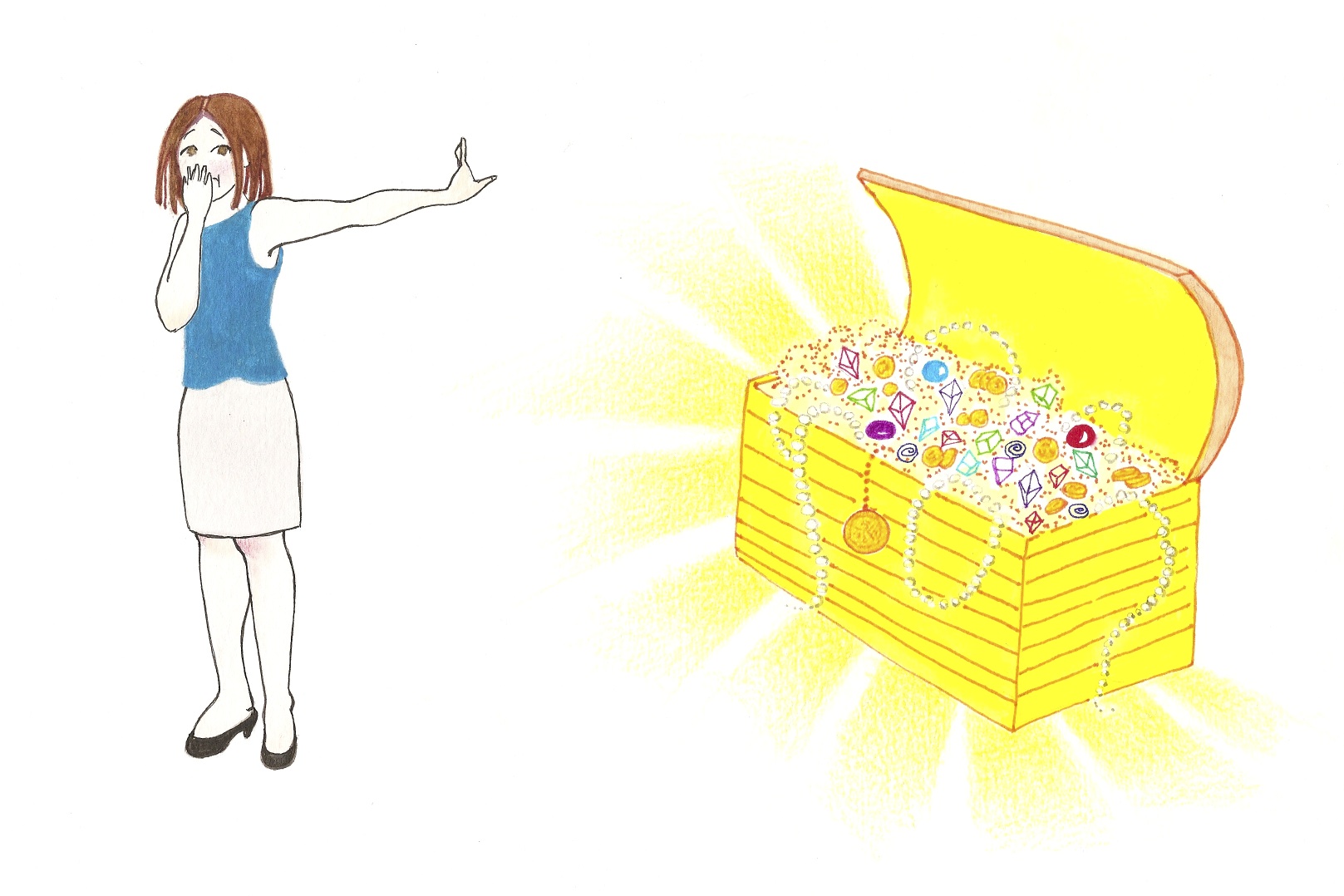Change your money habits one Do at a time
I transitioned from being a traditional financial adviser to a financial coach partly as a result of asking myself this question: 'Why don’t we do what we know we need to do?'. I became interested in opening my doors to people who had challenges and blocks when it comes to money. My research since then has been focussed on ways I can provide, not only practical solutions, but also address the obstacles that get in the way of financial success.
That was why I became interested in the ‘Do Something Different (DSD)’ approach. Professor Karen Pine, with whom I co-wrote Sheconomics, is one of the founders.
DSD have created a range of innovative online behaviour change programmes, designed by Psychology Professors and delivered by text and email. Each cost only £14 for a 6 week programme. The principle behind it is that...


